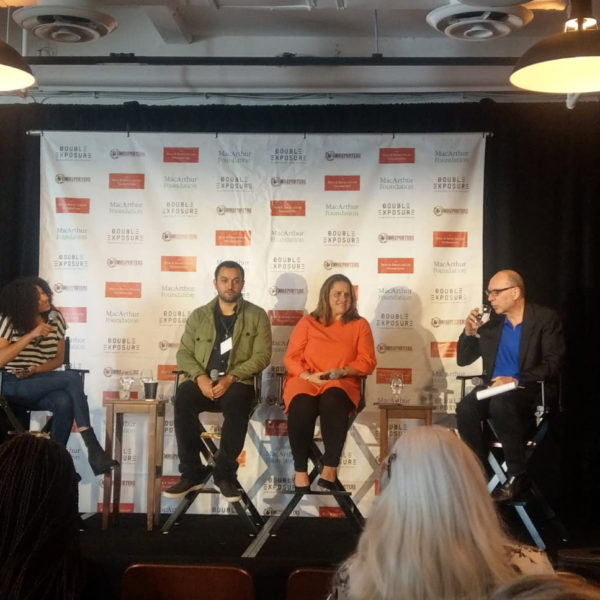Do news organisations need to be transparent about their priorities and agenda? Jay Rosen, a journalism professor at the New York University thinks so. He has been touching media skills for 33 years and says that now more than ever, journalists need to show the public the things they think are important. He believes that this will be one of the things that give journalists credibility at a time when the media is struggling for it and where the power to create content no longer wholly lies with media organisations.
‘If a Martian landed from space and said, “Take to me to the media, you wouldn’t know where to take them because the media is not one thing. It doesn’t have an address. He says. He adds. That while before, the distribution of news and media was limited to a few people, the power to distribute news now is socialised, its in the network.
But with the power shift, the rise of fake news has also come about. With everybody able to provide content, there is a plethora of fake news that is often meant to sway public opinion in a certain way. And when fake news is criticised by the public, many news organisations who most of the time are not purveyors of the items are also dragged into this.
Claire Wardle, founder and director of First Direct says, journalist should help audiences know the truth. According to her, most of the times when fake news is circulating online, journalists often know its is not real, but a large percentage of the population, the audience, does not. They therefore need help debunking fake news. Her organisation has been helping journalists verify content online including in conducting simple image searches using a variety of tools and websites.
But why should it be the journalists who are verifying content online and not the owners of the social media platforms that spread the alleged fake content? Experts say that these online giants simply do not have the capacity and sometimes take too long to pull down content, often when the damage has already been done and embarrassment caused. And they also say that the continuing polarised society helps compound the problem.
The media also does get drawn into the debate over whether what it is reporting is true. Long gone are the days when trust was almost often a given. Prof. Jay argues that for journalists to prove their objectivity they have to be transparent not just about their priorities and agenda, bu about how they do they work. If there is criticism, journalists should show how they did their work and learn from people who are responding to them. Transparency, it seems, is the new objectivity.


